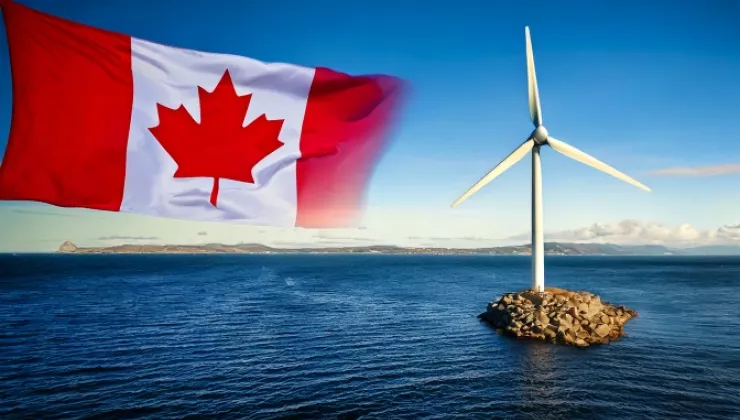NESBp
The sea is used more intensively today than ever before. Just think of offshore wind farms, shipping, fishing, nature reserves, sand extraction, tourism and new forms of sustainable blue economy. All these activities must be managed properly to avoid conflicts, use the available space efficiently and protect marine ecosystems. This is done through maritime spatial planning (MSP), a process in which governments draw up plans for the use of their sea areas.
But of course the sea does not stop at national borders. Activities in one country often have a certain influence on what happens further away. That is why good cooperation and coordination between countries is essential. The Northern European Sea Basins project (NESBp) plays a key role in this effort by supporting countries around the North Sea in aligning their maritime plans and promoting sustainable, coordinated use of shared sea space.
Objectives
NESBp supports the Greater North Sea Basin Initiative (GNSBI) and aims to:
- Ensure coherent implementation of MSP and alignment of maritime policies across the North Sea Basin;
- Evaluate cross-border cooperation between authorities and inter-ministerial bodies;
- Establish a framework for cooperation and knowledge sharing among North Sea and Baltic Sea countries;
- Promote integrated, ecosystem-based governance in the Greater North Sea Basin;
- Apply ecosystem-based approaches in maritime spatial planning;
- Develop practical solutions for the multiple use of marine areas; and
- Support decision-making at the sea basin level through a platform for knowledge and data exchange.

Activities and results
To achieve these goals, NESBp will:
- Evaluate maritime spatial plans within key work package themes;
- Enhance MSP development and implementation through informed decision-making;
- Disseminate eMSP NBSR outcomes via GNSBI technical working groups and knowledge-sharing platforms;
- Develop practical concepts combining an ecosystem-based approach with sustainable activities; and
- Conduct gap analyses and cumulative assessments of MSPs and related themes
Partners: Ministry of Economic Affairs / Netherlands Enterprise Agency, Ministry of Infrastructure and Water Management and University of Groningen (Netherlands); Blue Cluster, IMDC, Mantis Consulting, ORG and Seascape Belgium (Belgium); Bundesamt für Seeschifffahrt und Hydrographie and SUBMARINER Network for Blue Growth (Germany); Cerema and SHOM - Service Hydrographique et Océanographique de la Marine (France); Maritime Institute of Maritime University in Gdynia (Poland); Nordregio, Swedish Agency for Marine and Water Management and University of Gothenburg / Swedish Institute for the Marine Environment (Sweden); HELCOM (Finland); as well as VASAB Secretariat (Latvia).
With the support of: European Maritime, Fisheries and Aquaculture Fund (EMFAF)
Contact: Kinnie Debeule


